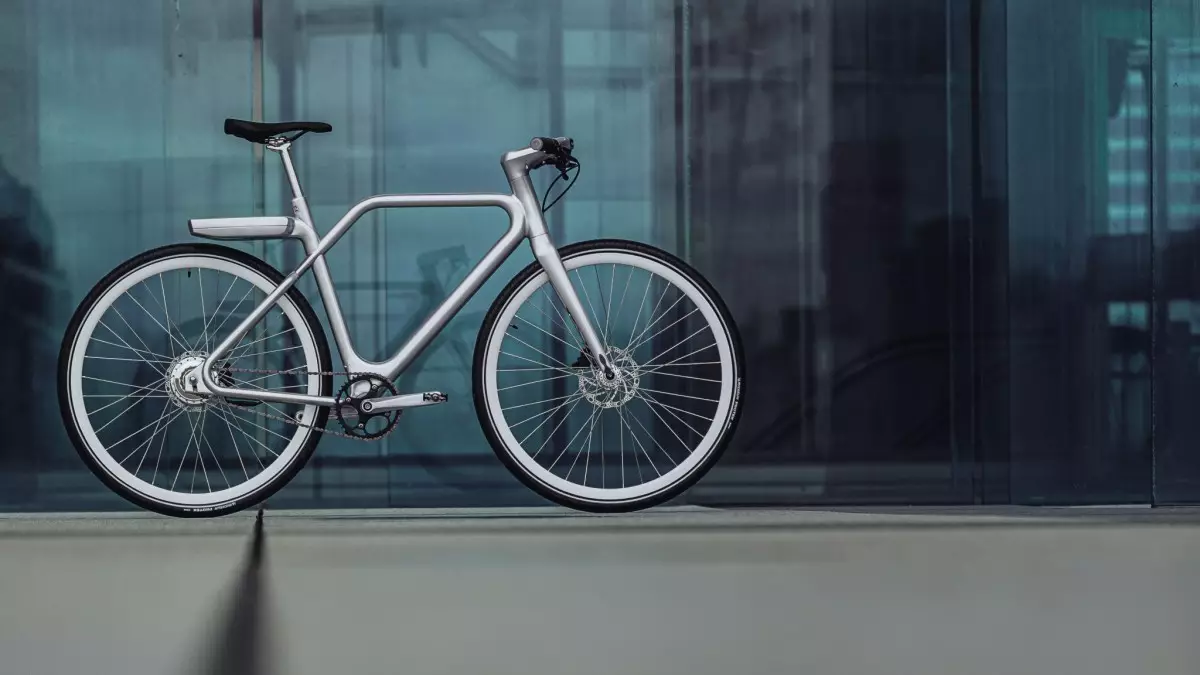The saga of Angell, a promising French startup in the electric bike market, serves as a cautionary tale about the perils of innovation without rigor. As the company declares insolvency and opts for judicial liquidation, it encapsulates the volatile nature of the tech-driven bicycle industry. Founded in 2019, Angell aimed to combine cutting-edge technology with the traditional bicycle, only to succumb to flaws in both design and production that have left its customers in a lurch.
Angell launched with an ambitious vision: to redefine urban commuting through a smart electric bike enriched with features like a color touch screen, GPS, and an integrated theft alarm. By connecting to smartphones via Bluetooth, the bike offered turn-by-turn navigation—a concept that appealed strongly to tech-savvy, environmentally-conscious riders. At its inception, Angell positioned itself amidst formidable competitors like Cowboy and VanMoof, who were similarly innovating within this space. Yet the allure of innovation often blinds companies to essential details that sustain their ventures.
Despite its innovative features, Angell encountered critical reliability issues. In its communication to customers, the company identified significant weaknesses within its first-generation bikes, particularly the fragility of the bike’s frame. This primary concern—linked to manufacturing inadequacies—resulted in a safety risk that threatened user trust. The welding process that joined various frame components resulted in breakages that ultimately led to the company’s downfall. Such oversights signal an alarming disconnect between product aspiration and execution.
Angell’s reliance on third-party manufacturing and design firms has proven to be a double-edged sword. By collaborating with SEB and Kickmaker, Angell expected to leverage expertise while streamlining production. However, the lack of direct oversight and quality control from these partnerships resulted in disastrous design flaws. The potential fallout from these collaborations complicates the narrative; although Angell seeks to shift some accountability to its partners, the customer’s expectation remains with the brand that sold the product. As the company heads into insolvency, it raises questions about liability that may need to be resolved in court.
For those who purchased Angell bikes, the future looks bleak. The announcement of an impending shutdown means that many first-generation bike owners now possess a product that could be deemed unsafe and unusable. Moreover, as Angell considers disabling its servers, the integrated smart features that initially drew customers to the bike might soon be rendered inoperative. This situation leaves consumers feeling betrayed, raising significant ethical questions about customer care in the face of corporate failure.
The collapse of Angell is reflective of a broader trend within the electric bicycle market. The sector, characterized by rapid innovation and an increasingly crowded landscape, demands rigorous standards of design and production. As companies like VanMoof have faced similar financial hardships, the question remains: how can startups carve sustainable paths in such an Elon Musk-inspired environment where boldness often overshadows basic engineering principles? Angell’s demise serves as a clarion call for startups to institutionalize quality checks, consumer protections, and post-sales support.
While the story of Angell is a tragic one for its founders, employees, and customers, it also provides critical lessons about the importance of robust manufacturing practices combined with customer accountability. As the electric bike market continues to evolve, the industry must recognize that ground-breaking technology should not come at the expense of safety and reliability. The fate of Angell should serve to remind both existing companies and newcomers to prioritize the practicalities of engineering alongside their ambitious visions for the future.

